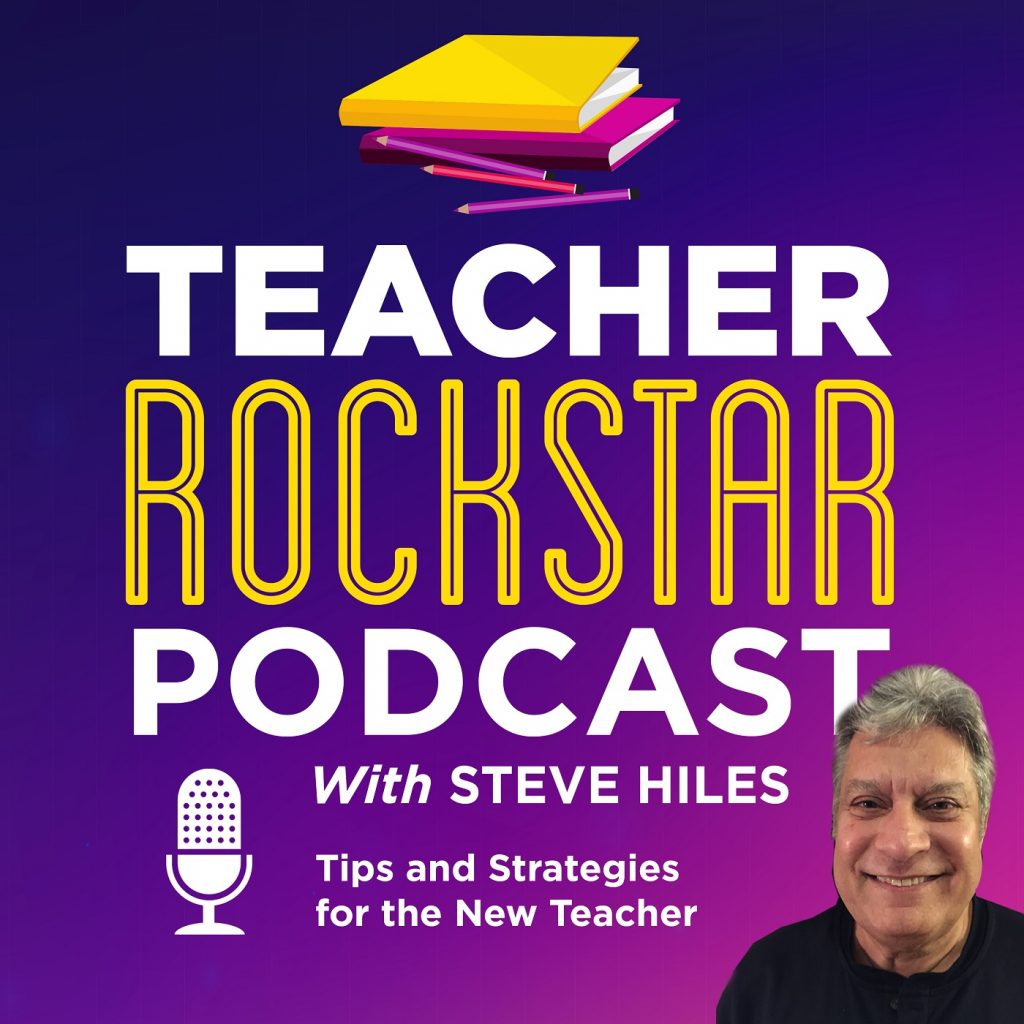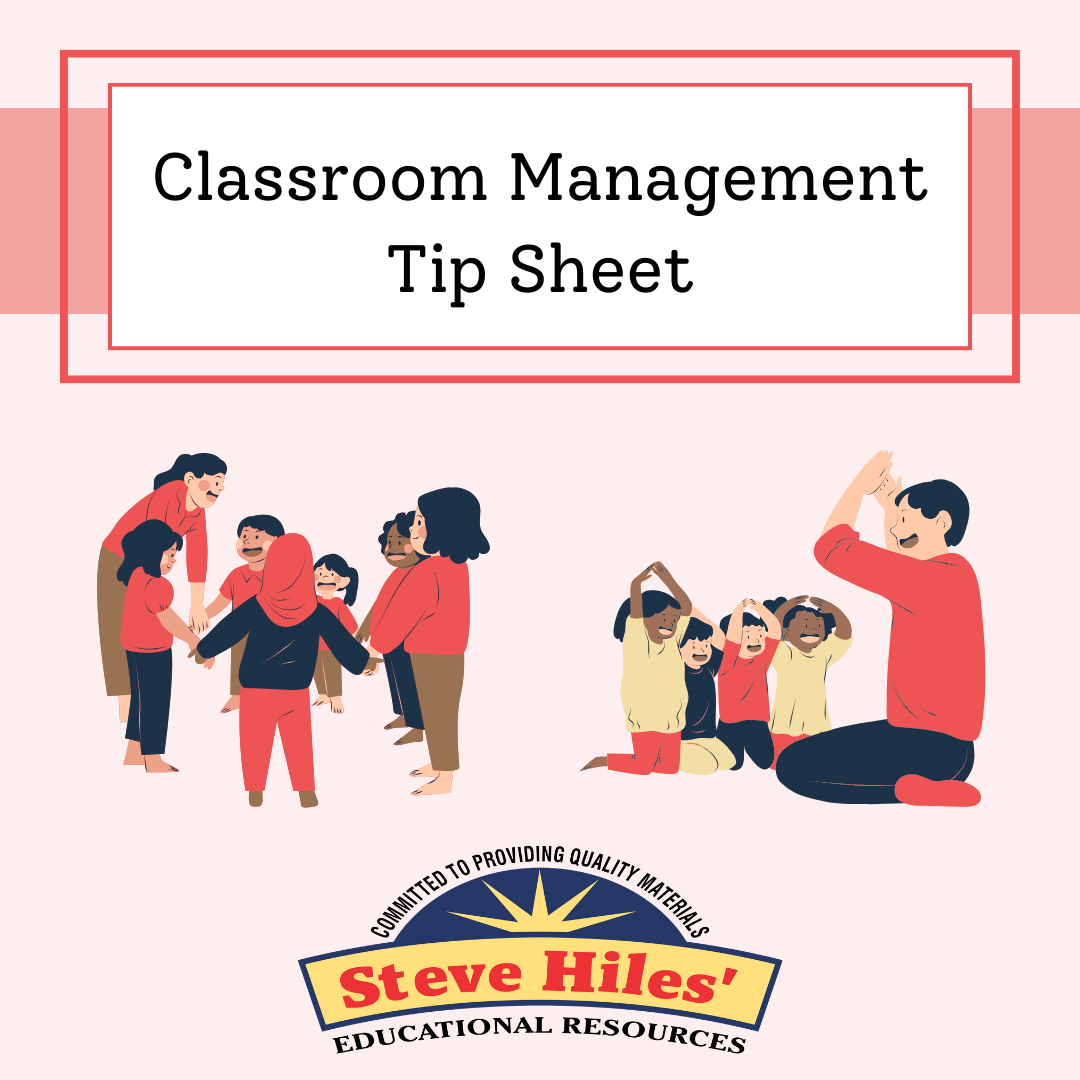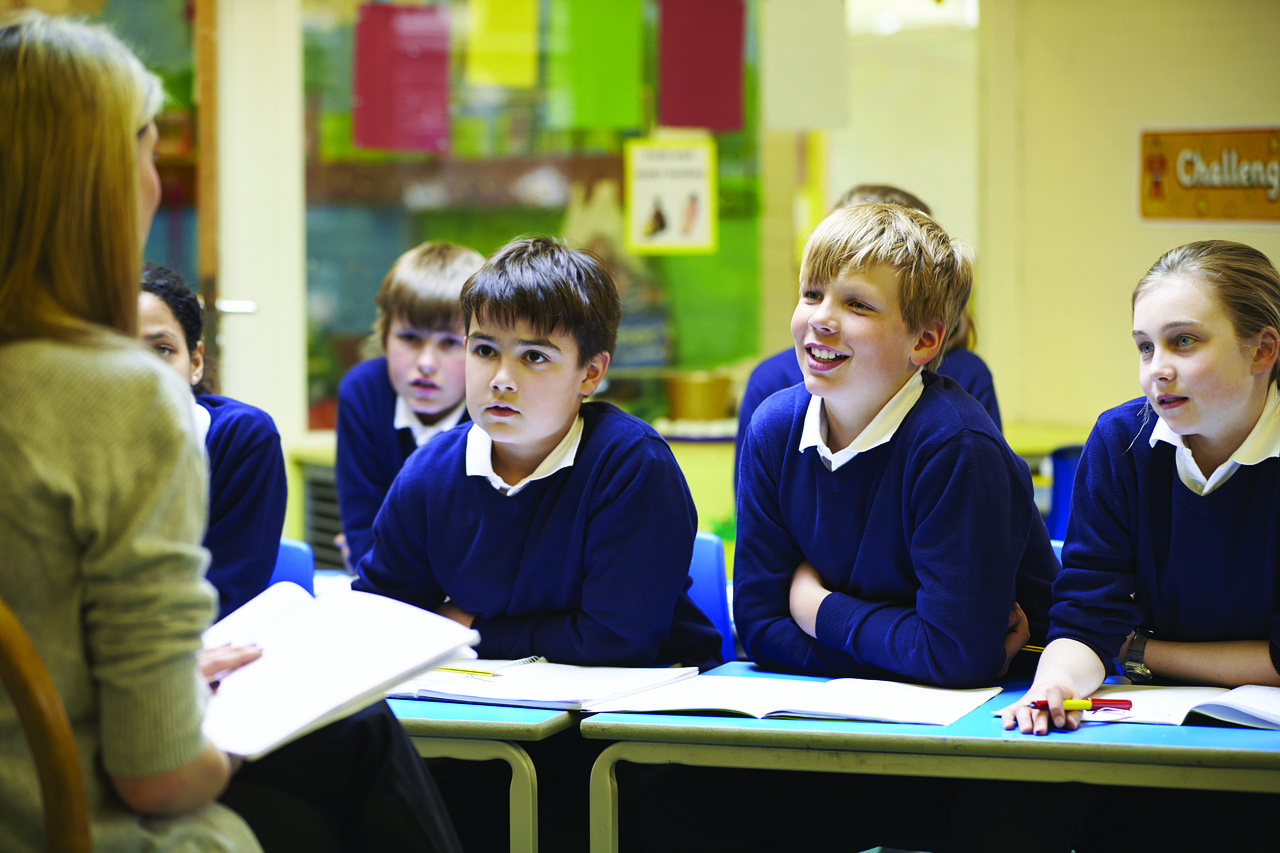Why is it that Gen Z and Alpha Are Making Teachers Quit? We’re going to take a look at several points here.
Table of Contents
ToggleThe Changing Dynamics
To set the stage, let’s talk about the changing dynamics in the classroom. Generation Z and Alpha students, born in the digital age, have grown up with unprecedented access to technology and information. They bring a different set of expectations and learning styles to the table, which can clash with traditional teaching methods. The question is, how are these differences impacting teachers?
Technological Overload
One of the primary challenges faced by educators today is the technological overload in the classroom. Gen Z and Alpha students are tech-savvy and often more proficient in using digital devices than their teachers. While technology can enhance the learning experience, it also brings challenges like shorter attention spans, increased distractions, and the need for constant adaptation. Teachers find themselves grappling with how to engage students effectively without losing control of the learning environment.
Instant Gratification vs. Patience
The instant gratification culture that has evolved with the younger generations poses another hurdle for teachers. With information available at their fingertips, students are accustomed to quick answers and immediate results. Traditional educational processes, however, emphasize the importance of patience, critical thinking, and delayed gratification. Bridging this gap becomes a daunting task for educators, leading to frustration on both sides of the classroom.
Mental Health and Well-being
The mental health and well-being of both students and teachers are crucial components of the education landscape. The pressures and expectations placed on Gen Z and Alpha students can be overwhelming, affecting their mental health. Teachers, on the other hand, find themselves dealing with a range of student issues while also managing their own stressors. The result is a challenging environment that contributes to burnout and a desire to seek alternative career paths.

Lack of Support Systems
A significant factor contributing to teachers leaving the profession is the perceived lack of support systems. With increasing class sizes, limited resources, and administrative demands, educators often feel stretched thin. The need for tailored support for both teachers and students is essential to create a conducive learning environment. Without these support systems in place, teachers may find it difficult to cope with the diverse needs of their students.
Changing Role of Teachers
The role of teachers has evolved over the years, and with the entry of Gen Z and Alpha into classrooms, it’s undergoing yet another transformation. Teachers are not only educators but also mentors, facilitators, and sometimes even counselors. Navigating this multifaceted role requires adaptability and a continuous learning mindset. Some teachers may feel ill-equipped to handle these expanded responsibilities, leading to frustration and burnout.
The Impact of Socioeconomic Factors
Socioeconomic factors play a crucial role in shaping the educational landscape. Disparities in resources, access to quality education, and economic opportunities can create challenges for both teachers and students. Understanding how these factors intersect with the dynamics of generational differences is essential to address the root causes of teacher attrition.
The Impact of Children Misbehaving
Now, let’s delve into a critical aspect of the challenges faced by teachers – the impact of children misbehaving in the classroom. With the changing dynamics we discussed earlier, misbehavior among Gen Z and Alpha students has become a prevalent issue. Disruptions, lack of focus, and disregard for classroom rules, assaults on teachers, disrespecting teachers can create an environment that is not conducive to effective learning.

Lack of Consequences
A key factor exacerbating the issue of misbehavior is the perceived lack of consequences. In an era where traditional disciplinary methods may be questioned, teachers find themselves navigating a delicate balance between maintaining order and avoiding potential backlash. The absence of clear and consistent consequences for misbehavior can lead to a sense of impunity among students, further challenging the teacher’s ability to manage the classroom effectively.
Disrespect and Apathy of Parents
Beyond the classroom, the disrespect and apathy of parents can significantly contribute to the challenges faced by teachers. In some cases, teachers report encountering parents who are uninvolved or dismissive of their child’s behavior. This lack of parental support can be demoralizing for educators, as they struggle to instill values and discipline in the classroom when faced with a disconnect between school and home environments.
Changing Dynamics of Parent-Teacher Relationships
The dynamics of parent-teacher relationships have shifted with the emergence of Gen Z and Alpha. While there are engaged and supportive parents, the rise of helicopter parenting and a reluctance to acknowledge a child’s shortcomings can hinder the collaboration between educators and parents. Building a strong partnership between home and school is crucial for addressing behavioral issues and fostering a positive learning environment.
The Role of Society
It’s essential to recognize that the disrespect and apathy of parents are not isolated issues but are reflective of broader societal trends. The increasing demands on parents, economic pressures, and evolving cultural norms contribute to the challenges faced by families. Understanding these external factors is vital in developing holistic solutions that address both the classroom and societal dynamics impacting children’s behavior.

Importance of a Unified Approach
As we navigate the complexities of children misbehaving and the associated lack of consequences, it’s evident that a unified approach is necessary. Teachers, parents, and society at large must work collaboratively to instill values, foster respect, and create an environment where both students and educators can thrive. Open communication, shared responsibility, and a commitment to the well-being of future generations are key components of this unified approach.
In Conclusion
Addressing the impact of children misbehaving requires a multifaceted strategy that considers the evolving dynamics in education, the need for clear consequences, and the crucial role of parental involvement. By acknowledging these challenges and working collectively towards solutions, we can create an educational landscape that nurtures positive behavior, mutual respect, and a love for learning.







